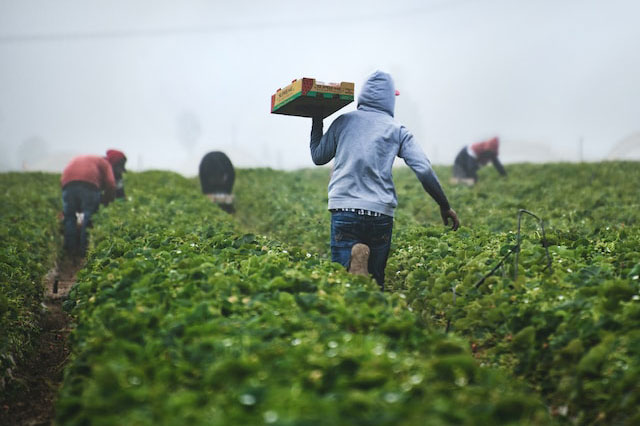Cape Town – Food suppliers and growers linked to Woolworths are increasingly turning to technology to ensure the sustainability of their crops and better management of natural resources..
Businesstech reports that some farmers that supply produce to the retailer are using drones fitted with advanced sensors to check the health of their crops.
“Some of our farmers use drones to check for trees that are compromised,” says Latiefa Behardien, chief food technology and sustainability officer at Woolworths’ Farming for the Future initiative. The remote monitoring facilitates targeted intervention and better management of resources, she explains
“Instead of watering all the trees all the time, the farmer can water only those who are thirsty and manage this precious resource better.”
Using data collected by the drones, the farmers can manage the resilience of their crops and improve yield.
At the heart of the Woolworths Farming for the Future initiative is the belief that Earth is a unified ecosystem, where every action has a consequence.
Farmers who participate in the initiative work according to the principles of resilience, regeneration and interconnectedness.
“Through utilising suppliers who adopt Farming for the Future practices, we’re hoping to take the frayed edges of our ecosystem and stitch them back together, one sustainable farming practice at a time,” Behardien tells Bizcommunity.
Advances in science and technology, such as the drone, are at the centre of the programme’s initiative to create a more sustainable food value chain, especially with regards to conserving water.
Precision irrigation and monitoring soil moisture are among the technologies used to ensure sustainable farming and healthy crops, while at the same time improving crop yields, in a water-stressed region such as South Africa.
The programme also works to reduce carbon emissions through using regenerative farming techniques, such as cover cropping, agroforestry and no-till agriculture.
Cover cropping – the practice of planting a non-harvest crop on vacant farmland – decreases soil erosion and improves soil nutrition and soil structure; while agroforestry, which involves planting a combination of trees and crops, improves soil water-holding capacity and fertility, among others.
“By promoting Farming for the Future, we’re inviting individuals, communities and organisations to join us in restoring the balance of our ecosystems and creating a world where every apple truly has the power to save the world,” says Behardien
Follow African Insider on Facebook, Twitter and Instagram
Picture: Unsplash
For more African news, visit Africaninsider.com
Compiled by African Insider


